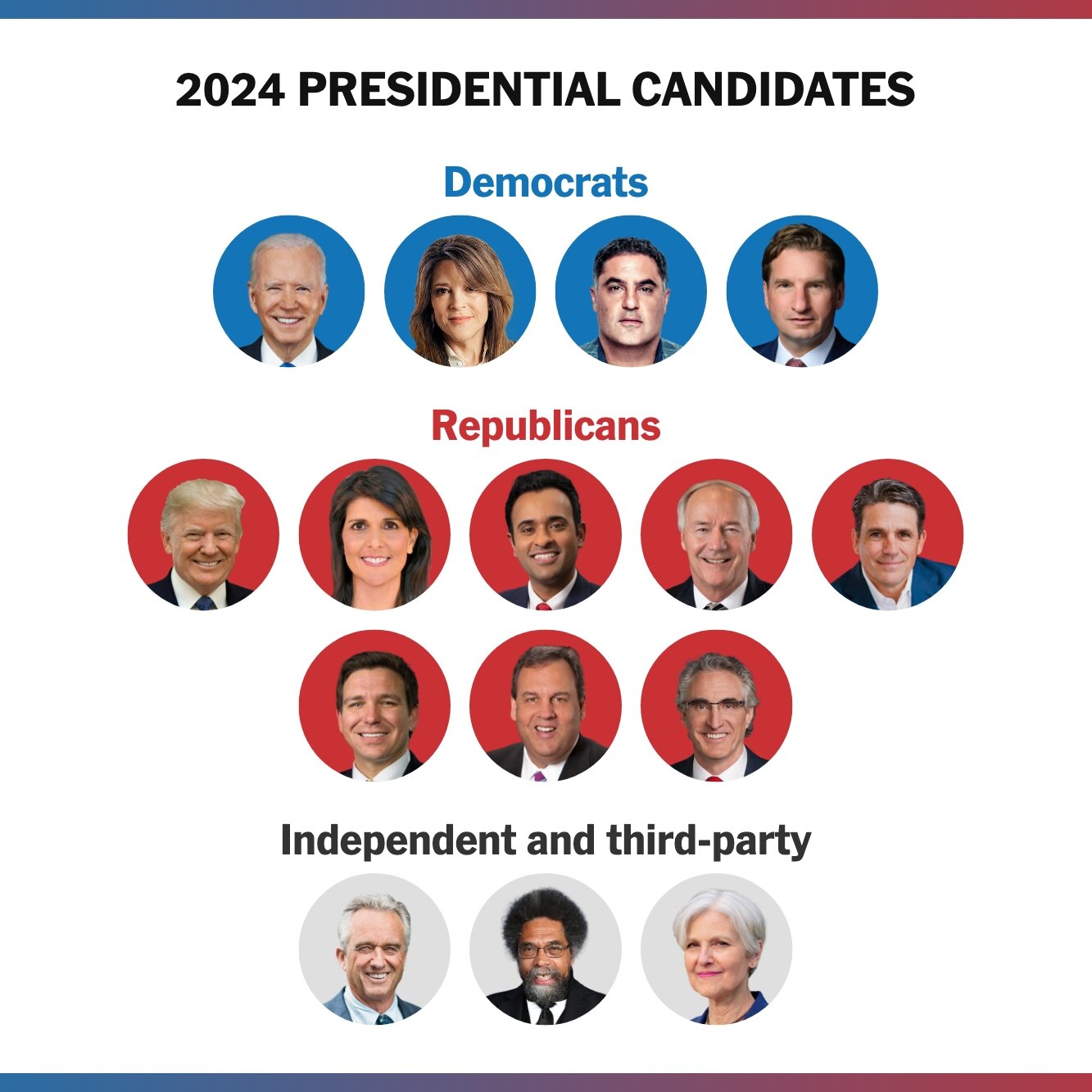Luxury Car Sales In China: Analyzing The Difficulties Faced By BMW And Porsche

Table of Contents
Intensifying Competition from Domestic Brands
The rise of powerful domestic automakers is a primary challenge confronting BMW and Porsche in China. These brands are not merely competing; they are disrupting the market.
Rise of Chinese Luxury Automakers
The emergence of innovative Chinese brands like Nio, Xpeng, and BYD is reshaping the landscape of luxury car sales in China. These companies are leveraging technological advancements, aggressive pricing strategies, and strong government support to gain significant market share.
- Technological Advancements: Chinese brands are rapidly developing cutting-edge technologies, including advanced electric powertrains, autonomous driving features, and sophisticated infotainment systems, often surpassing established brands in certain areas.
- Aggressive Pricing Strategies: Domestic brands frequently offer competitive pricing, making luxury vehicles more accessible to a broader range of Chinese consumers.
- Government Support: The Chinese government actively promotes the growth of its domestic automotive industry through subsidies, tax breaks, and infrastructure development, providing a significant advantage to local manufacturers.
- Targeted Marketing Campaigns: Chinese brands excel at creating marketing campaigns tailored to the specific preferences and cultural nuances of the Chinese consumer, fostering strong brand loyalty.
The Appeal of Electric Vehicles (EVs)
The surging demand for electric vehicles (EVs) in China presents another major challenge. The country's commitment to reducing carbon emissions and its substantial investment in EV infrastructure are driving this shift.
- China's EV Infrastructure: China boasts a rapidly expanding network of charging stations and related infrastructure, making EV ownership more practical and convenient for consumers.
- Government Incentives: Government incentives, including subsidies and tax breaks, make EVs significantly more affordable than gasoline-powered vehicles.
- Eco-Conscious Consumers: A growing segment of Chinese consumers prioritizes environmental sustainability, fueling the demand for eco-friendly electric vehicles.
- Investment in EV Technology: International brands must invest heavily in research and development, production facilities, and supply chains to compete effectively in the burgeoning EV segment of the luxury car sales in China market.
Shifting Consumer Preferences and Expectations
Understanding the evolution of Chinese consumer preferences is crucial for success in the luxury car market. This requires more than simply offering a high-quality product; it demands deep understanding and adaptation.
Emphasis on Technology and Innovation
Chinese luxury car buyers prioritize advanced technology features and digital integration. This goes beyond basic infotainment; it encompasses a seamless and intuitive digital experience.
- Autonomous Driving Features: Self-driving capabilities and advanced driver-assistance systems are highly sought-after features among Chinese consumers.
- Connected Car Technology: Seamless connectivity, including integration with popular Chinese apps and services, is paramount for a positive consumer experience.
- Tailored Infotainment: Infotainment systems must cater to the specific preferences and language of Chinese consumers.
- Digital Integration: A fully integrated digital ecosystem, from vehicle purchasing to after-sales service, is critical for maintaining customer satisfaction.
Changing Brand Loyalty and Perceptions
Brand loyalty in China is not as entrenched as in some Western markets. Consumer perceptions are influenced by a variety of factors, requiring brands to constantly adapt and innovate.
- Social Media Influence: Online reviews and social media discussions heavily influence purchasing decisions, making online reputation management crucial.
- Generational Differences: Different generations of Chinese consumers have distinct preferences and buying habits, requiring tailored marketing strategies.
- Celebrity Endorsements: Celebrity endorsements play a significant role in shaping brand perception and driving sales.
- Localized Marketing: Marketing strategies must be localized and culturally sensitive to resonate effectively with Chinese consumers.
Economic and Regulatory Landscape
Navigating the complex economic and regulatory landscape of China is essential for success in the luxury car market. Uncertainty and change are constants in this environment.
Economic Slowdown and Market Volatility
Economic fluctuations and global uncertainties significantly impact luxury car sales in China. Brands need robust risk management strategies to weather these storms.
- Global Economic Uncertainty: Trade wars and global economic downturns directly affect consumer spending and luxury goods sales.
- Currency Fluctuations: Fluctuations in the Chinese currency can impact pricing and profitability.
- Consumer Spending Habits: Economic conditions influence consumer spending patterns, affecting demand for luxury vehicles.
- Risk Management: Brands need proactive risk management plans to mitigate the impact of economic uncertainty.
Navigating Complex Regulations and Tariffs
Compliance with Chinese regulations and tariffs is a significant challenge, influencing pricing and market access.
- Emission Standards: Stringent emission standards and environmental regulations necessitate investments in cleaner technologies.
- Import Duties and Taxes: High import duties and taxes can increase the cost of imported vehicles, impacting competitiveness.
- Local Content Requirements: Regulations requiring a certain percentage of locally sourced components can increase production costs.
- Bureaucratic Hurdles: Navigating bureaucratic processes and obtaining necessary approvals can be time-consuming and complex.
Conclusion
The Chinese luxury car market presents substantial challenges for established brands like BMW and Porsche. Intense competition from domestic brands, evolving consumer preferences, and a dynamic regulatory environment necessitate strategic adjustments. Understanding the complexities of the Luxury Car Sales in China market is critical for long-term success. By carefully analyzing these difficulties and adapting their strategies, luxury car manufacturers can navigate the complexities of this lucrative, albeit demanding, market and secure a sustainable position in the future. Learn more about the current trends affecting Luxury Car Sales in China and stay ahead of the curve.

Featured Posts
-
 Aoc Delivers Brutal Rebuttal To Jeanine Pirros Claims
May 10, 2025
Aoc Delivers Brutal Rebuttal To Jeanine Pirros Claims
May 10, 2025 -
 Palantir Pltr Stock Weighing The Investment Before May 5th
May 10, 2025
Palantir Pltr Stock Weighing The Investment Before May 5th
May 10, 2025 -
 Strictlys Katya Jones A Departure Linked To Wynne Evans
May 10, 2025
Strictlys Katya Jones A Departure Linked To Wynne Evans
May 10, 2025 -
 Difficultes D Epicure A La Cite De La Gastronomie De Dijon Un Debat Sur L Intervention Municipale
May 10, 2025
Difficultes D Epicure A La Cite De La Gastronomie De Dijon Un Debat Sur L Intervention Municipale
May 10, 2025 -
 Nl Federal Election 2024 Meet The Candidates
May 10, 2025
Nl Federal Election 2024 Meet The Candidates
May 10, 2025
